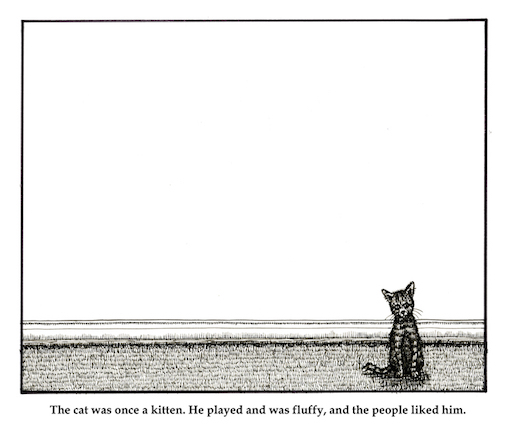Just this week to get through before I can stretch out and relax on the bench 
Happy invoicing!

- Hiroshima - To mark last week’s anniversary, the New Yorker has de-paywalled John Hersey’s classic account of the bombing of Hiroshima, to which the whole of the August 31 1946 issue was devoted: ”A hundred thousand people were killed by the atomic bomb, and these six were among the survivors. They still wonder why they lived when so many others died. Each of them counts many small items of chance or volition—a step taken in time, a decision to go indoors, catching one streetcar instead of the next—that spared him. And now each knows that in the act of survival he lived a dozen lives and saw more death than he ever thought he would see. At the time, none of them knew anything.”
- Man Vs. Machine: The true story of an ex-cop’s war on lie detectors - "Doug Williams used to give polygraph exams. Now he’s going to prison for teaching people how to beat them.” The powers that be can get awfully cross when you point out that the emperor has no clothes.
- The Hustler Origins of Wearable Computers - Kate Knibbs on the early wearable computers gamblers created to help them win: ”The wearable tech market is gripped by the idea of quantifying positive change… But the original wearable devices weren’t so cloaked in sanctimony about the quantified life: They were created in flagrant, gleeful pursuit of snaking cash from casinos like an impossibly nerdy Ocean’s 11. The early history of wearable tech is a history of wearing computers on money-mad Vegas capers.”
- Case of the Killer Robot - "The Case of the Killer Robot is a detailed scenario that combines elements of software engineering and computer ethics. The scenario consists of fictitious articles that touch on specific issues in software engineering and computer ethics. The articles discuss programs such as programmer psychology, team dynamics, user interfaces, software process models, software testing, the nature of requirements, software theft, and privacy. A major consideration is "when is the software good enough?"" Interesting exercise in computer-related ethics by Richard G. Epstein.
- 11foot8 - What do you do if trucks keep crashing into the low bridge over the road? Set up a camera and YouTube them, of course! ”In April 2008, I set up a camera in one of our offices at Brightleaf Square and started recording the traffic at the bridge. The idea was that eventually I’d record a crash. Just a few weeks later a truck crashed into the trestle and I had my first recording. In June 2009, I set up another camera in a storefront across the street, and since then I have been recording the crashes from two angles.” There are currently 95 crashes recorded

- Artificial Intelligence has crushed all human records in 2048. Here’s how the AI pulled it off. - If you play the game 2048 you’ll either give up now, or find some useful tips from this analysis of how an AI achieves record scores: ”The worst instance achieved a score of 35,600, but even that instance managed to build the 2,048 tile and beat the game. Most instances ended with a score around 390,000 and a 16,384 tile, but the best instance built a 32,768 tile and stayed alive long enough to reach a score of 839,732.”
- A Rarity Reclaimed: Stolen Stradivarius Recovered After 35 Years - "The denouement of a 35-year drama takes place Thursday at the U.S. attorney's office in Manhattan. And I trust that my father, virtuoso violinist Roman Totenberg, who died three years ago, will be watching from somewhere. For decades he played his beloved Stradivarius violin all over the world. And then one day, he turned around and it was gone. Stolen." And now it’s been found and is being returned to his family.
- Why Is American Beer So Bland? - "Today’s discerning beer drinkers might be convinced that America’s watery, bland lagers are a recent corporate invention. But the existence of American beers that are, as one industry executive once put it, “less challenging,” has a much longer history. In fact, Thomas Jefferson, himself an accomplished homebrewer, complained that some of his country’s beers were “meagre and often vapid” nearly 200 years ago." Economics professor Ranjit Dighe has traced the historical circumstances that have resulted in US beer being rubbish.
- Check, Please - The history of the large cheques used in photo opportunities, which turn out to be the fault of the Nazis: ”There he is, in the photo: Joseph Goebbels being presented with an oversized check for 200,000 deutschmarks. It’s a version of that moment when money gets handed over today at a charity fundraising dinner — just a million times more sinister, what with all the Nazis… This picture, which sent me down a rabbit hole, appears to be the ground zero for the oversized novelty check: another thing you can pin on the Third Reich. It’s like Godwin’s law made… large.”
- The Progressive Problem - A story about a cat, by Landis Blair. Trigger warning for sad ending


Happy invoicing!









Comment